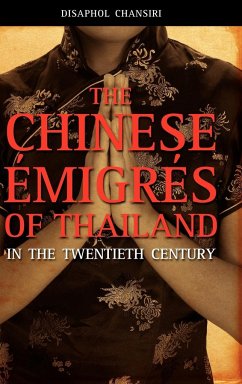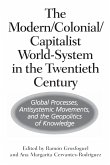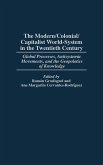examines Thai-Chinese relations, dating back to the first Thai dynasty (Sukhothai) to the present (Ratanakosin). The study explores the Thai domestic policies that have affected the Chinese population since World War II and assimilation policies of the Thai government towards the Chinese. This book also analyzes both Skinner's and Chan and Tong's arguments, and their main idea in the context of the present day environment and situation for the ethnic Chinese. This research supports the Skinnerian paradigm, which asserts that "a majority of the descendants of Chinese immigrants in each generation merge with Thai society and become indistinguishable from the indigenous population to the extent that fourth-generation Chinese are practically non-existent." The validation of the Skinnerian paradigm rejects Chan and Tong's hypothesis, which claims that Skinner has "overemphasized the forces of assimilation" and that the Chinese in Thailand have not assimilated but retained their Chinese identity. To support Skinner's assertion and reject Chan and Tong's argument, this book presents rich empirical data collected via surveys conducted with the ethnic Chinese in Thailand from 2003-2004. This study uncovers that the forces of assimilation occur at two levels. On the first level, the Chinese in Thailand possess natural attributes which facilitate social and cultural integration and assimilation into Thai society. On the second level, government pro-assimilation policies, driven by the bilateral relations between Thailand and China and the political situation in both countries, are also responsible for the assimilation of the Chinese in Thailand. As the most current in-depth study on the Chinese in Thailand, The Chinese Émigrés of Thailand in the Twentieth Century is a critical addition for all collections in Asian Studies as well as Ethnic and Immigrant Studies.
Hinweis: Dieser Artikel kann nur an eine deutsche Lieferadresse ausgeliefert werden.
Hinweis: Dieser Artikel kann nur an eine deutsche Lieferadresse ausgeliefert werden.








